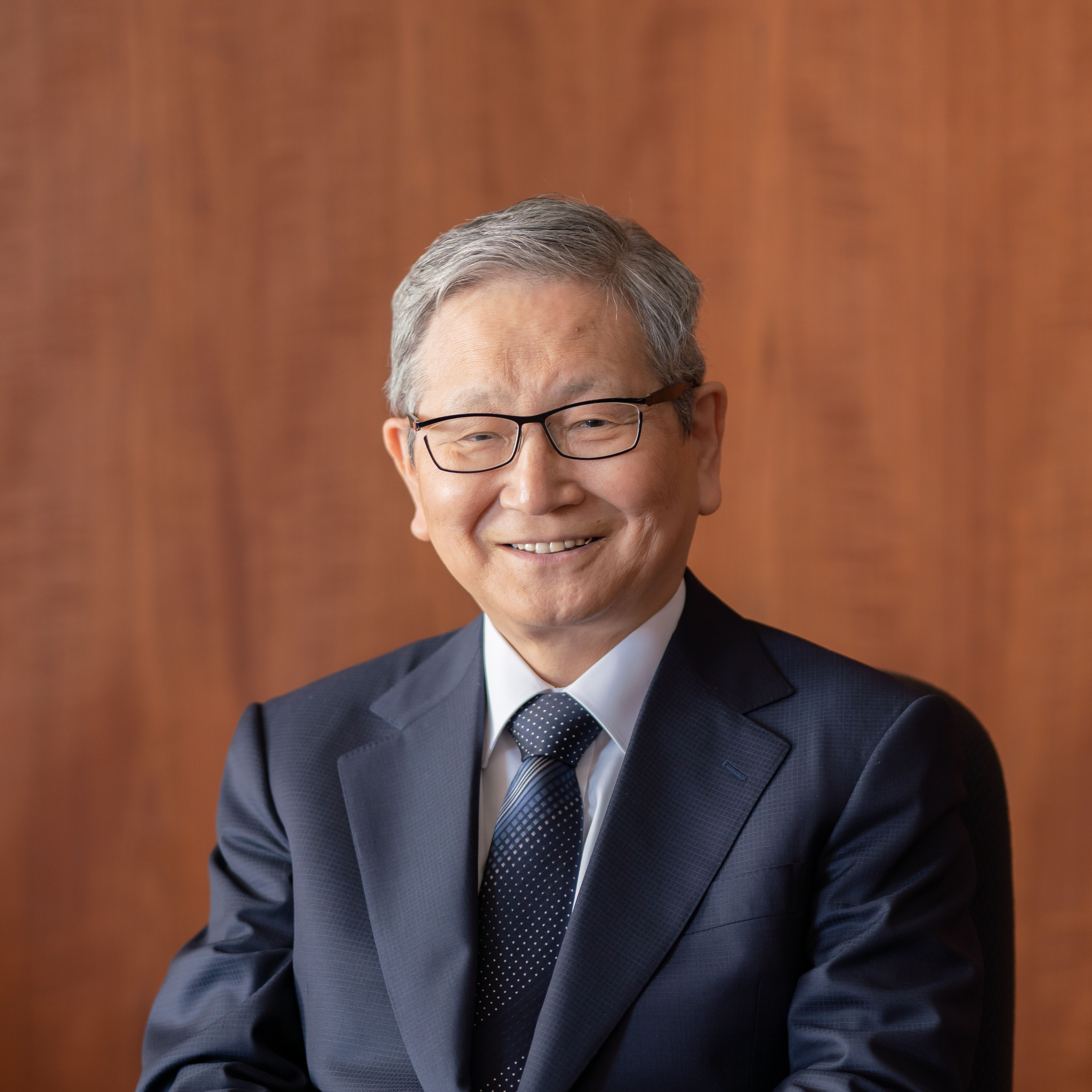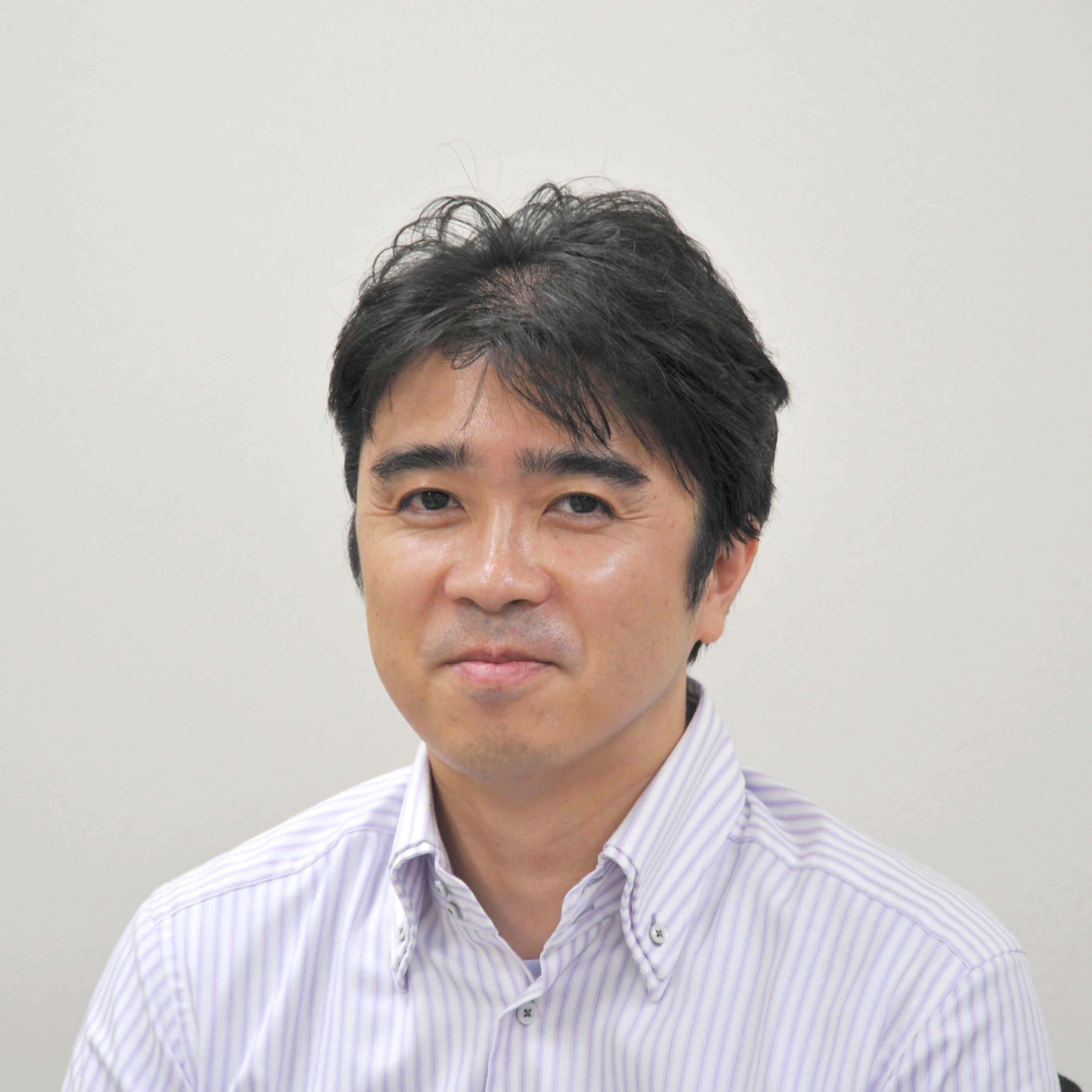Program
Message from the President

Kazuhiko Terashma
President
Since its establishment in 1976, Toyohashi University of Technology has focused on graduate school courses to nurture industry-leading professional engineers.
We accept a variety of students, mainly from the College of Technology, but also from technical and academic high schools, with half of the students being admitted through a recommendation system. Our students are educated through our “spiral-up curriculum”, which alternates between basic and specialized subjects so that students understand not only the basic science but are also nurtured as engineers with a strong interest in technology.
Our integrated undergraduate and master’s courses, as well as an emphasis on graduate education, are based on our desire to respond to both the demand for global human resource development and to change in the structure of society and industry.
Previous programs that our alumni have worked on include the 21st Century Center Of Excellence Program “Intelligent Human Sensing – Ecological Engineering for Stable Human Activities” during the period around 2002-2006, the Global Center of Excellence Program “Frontiers of Intelligent Sensing” 2007-2011, and the promotion of interdisciplinary education to correspond with the needs of society through the “Tailor-Made Baton-Zone Program” 2009-2015.
Our newest program “Training Brain Information Architects” builds on these previ ous programs, and aims to discover solutions to the scientific and technical problems of today, a period sometimes referred to as “the century of the brain." The program fosters the development of global human resources that can create technology that improves human society and the global environment.
Through our university credo “Master Technology, Create Technology”, we hope to nurture and educate students who will design technology for a happy and prosperous future.
Message from the Program Coordinator

Tetsuto Minami
Program Coordinator
Our society is filled with electronic information technology. Mobile phones, which are a necessity, have become smartphones that have a processing power greater than the large computers of a decade ago. Not only can they do audio and video, but these smartphones also do real-time processing of large amounts of information such as position, vibration, and temperature.
Automobiles have also become loaded with electronic technologies. Driving assistance, automatic brakes, and autonomous operation have become a reality through the real-time processing of data from many sensors, such as laser and camera systems.
For good or bad, the development of electronic information technologies has resulted in significant changes in modern society. For example, the complexity and size of information to be processed has significantly grown, the environmental impact of these technologies has increased, and the “digital divide” has expanded. To address these issues, we need to have a paradigm shift from looking at information technology as something only for high-speed transmission and storage, to “information technology grounded in scientific understanding of human or social cognition, understanding, decision-making, and action-taking.”
In this program, we focus on the “brain.” We foster researchers and engineers who can explore the brain as a source of a large amount of information, from the microscopic (the genome) to the macro-social (organizations), and create innovative information technology based on what is learned about the brain’s functions and systems.
Brain and mind are the final frontiers of science. The elucidation of the brain requires the development of new analytical methods and measurement techniques. EIIRIS, The Electronics-Inspired Interdisciplinary Research Institute, has engaged in the development of an implantable microprobe array using a selective vapor-liquid-solid growth technique and microfabrication processes (the Toyohashi Probe) for recording and stimulating nerve cells, as well as a medical biosensor chip that uses ion image sensor technology, among others.
At EIIRIS, we collaborate with researchers on and off-campus and research institutions on information technology, neurophysiology, cognitive neuroscience, and other medical fields, to strengthen five areas of advanced science and technology: functional genomics, bio-sensing, nanophotonics, brain information decoding, and virtual brain simulation. We also conduct close educational cooperation with the industry.
We also apply the sensing devices and simulation techniques to approach the brain information, on a wide variety of spatial and time scales from the genome to the individual and society, we engage in brain science. We are sure that problem-solving activity in the science develops “Brain Information Architects”, who are capable of applying new principles learned from the brain to new electronic devices and information processing systems.